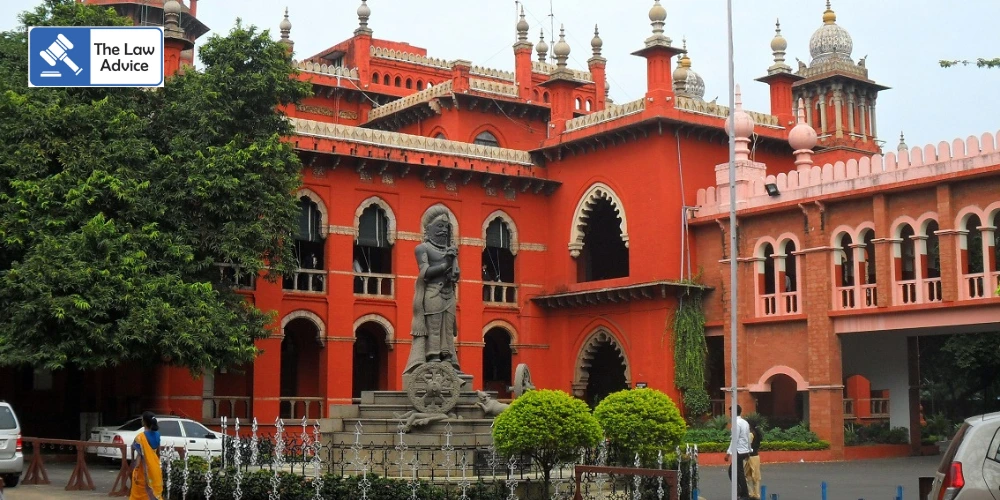The Madras High Court has dismissed a plea filed by a sanitation workers’ union challenging the Greater Chennai Corporation’s (GCC) decision to outsource sanitation and solid waste management in two city zones to a private company.
Justice K. Surender observed that privatization of sanitation work is a policy decision taken by the government to improve waste management and hygiene conditions, and such decisions cannot be interfered with by courts unless they are unconstitutional or contrary to law.
“Privatising the sanitary work of the Zones in GCC is a policy decision taken in the interest of improvement of sanitary conditions and waste management… Such a resolution which does not violate any provision of law nor is unconstitutional cannot be quashed,” the Court said.
The petition was filed by Uzhaippor Urimai Iyakkam, a general workers’ union, challenging GCC’s resolutions to hand over sanitation work in Zones 5 and 6 to Delhi MSW Solutions Ltd., Hyderabad. The union argued that the move endangered the livelihood of over 2000 sanitation workers, reduced their wages below minimum wage, and violated provisions of the Industrial Disputes Act, 1947.
The union contended that:
• The outsourcing was in the nature of retrenchment, requiring compliance with Section 25N ID Act (notice and compensation).
• Since an industrial dispute on the same issue was pending, Section 33(1)(a) ID Act barred the Corporation from making changes prejudicial to workmen.
• Despite private firms offering re-employment, the wages offered were less than the statutory minimum.
The State and the private company assured the Court that workers’ interests would be safeguarded, arguing that privatization was a policy decision beyond judicial review. They also stated that no retrenchment had taken place since workers were offered continued employment.
Relying on the Supreme Court’s ruling in Balco’s case, the High Court reiterated that in a democracy, elected governments are free to implement policy changes unless they are mala fide, illegal, or unconstitutional.
However, the Court emphasized the responsibility of the Corporation to ensure workers’ rights are protected:
• The 2000 sanitation workers already trained and employed by GCC should not suffer wage cuts.
• The private company is bound by its agreement with the State and must ensure workers are paid at least their last drawn wages with GCC, if not higher.
• Since the workers were not formally terminated, the plea of retrenchment was not applicable.
The Court directed the State to negotiate with the private company to ensure that sanitation workers are paid minimum wages or their last drawn GCC wages, thereby preventing exploitation.
The petition challenging privatization was dismissed, but the High Court underlined that policy decisions cannot come at the cost of workers’ statutory rights.
Case Title: Uzhaippor Urimai Iyakkam v. The Commissioner and Others
